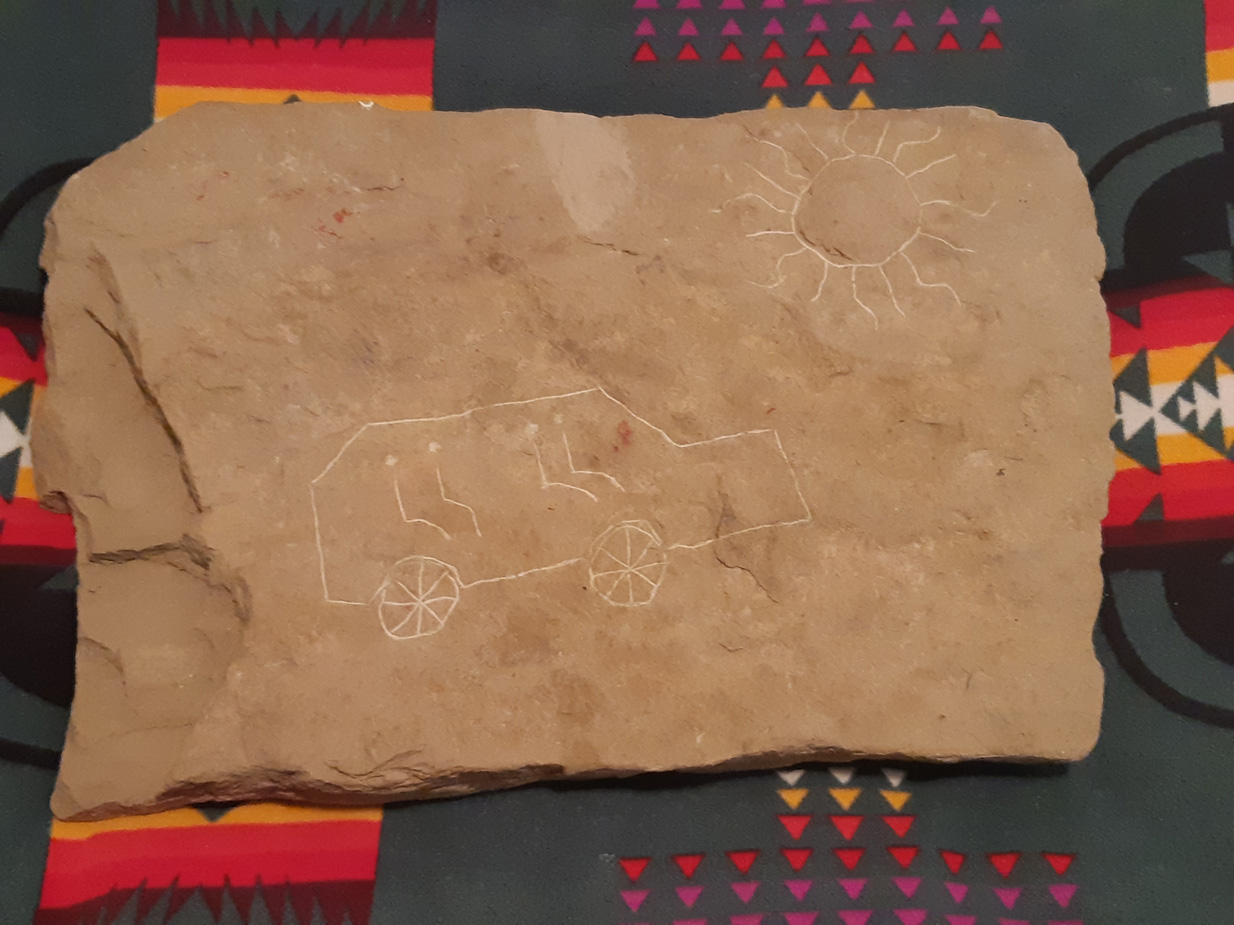CSDV-N103 - Beyond GLAM Land Acknowledgments: Activating Decolonization and Indigenization in Galleries, Libraries, Archives, and Museums Micro-credential
Course Description

Photograph by Camina Weasel Moccasin
This micro-credential critically examines the work of the galleries, libraires, archives, and museums (GLAM) with a view to make space for new ways of being through practical and theoretical discussions of how to apply decolonizing and Indigenizing actions to these spaces.
In the traditional museum/archive, curators, staff members, and researchers are trained to respectfully care for, research, learn from, interpret and display artwork, objects, and specimens. These items are equally recognized and referred to as Ancestors, Beings, and Belongings. We will explore how to rethink our work from the foundational level of what we do – including what we do in our day to day lives, through close examinations of the words of contemporary Indigenous scholars and curators. Topics include positioning yourself, critiquing written and unwritten narratives, critiquing authenticity and authority, and decolonizing exhibition content. We will think together about how to put these words into practice to de-centre colonial ways of thinking, and in doing so, learn how our work in GLAM can interrupt and unsettle dominant narratives in our society.
LEARNING OUTCOMES
Upon the successful completion of this micro-credential, students will have gained:
- An understanding of appropriate terminologies
- An understanding of how to create decolonizing texts and labels
- Skills in developing strategies for building relationships and partnerships
- The awareness to identify challenges with museums and institutional inheritances
- Skills in developing strategies for decolonizing museums and institutional practices
- A critical evaluation of how settlers contribute and benefit from colonialism, privilege and how to activate changes
- An understanding of the implications of the Truth and Reconciliation Commission of Canada (TRC) and the United Nations Declaration on the Rights of Indigenous Peoples (UNDRIP) for GLAM, especially in relation to exhibitions, databases, research, collections, and collecting
QUALIFICATIONS:
- Instructors assess the student’s work and issue a pass or fail grade (student must receive a passing grade to qualify for the micro-credential)
- Students must submit the online micro-credential request form along with the administrative fee to obtain the micro-credential and digital badge
Earning Your Micro-Credential Badge
As part of the modules in each micro-credential, you will complete assignments and exercises outlined in each micro-credential. These build towards the required evidence for each micro-credential that is submitted at the end of the micro-credential modules.
Successfully demonstrated application the key outcomes as part of the required evidencing will be recognized with a digital badge for the specific micro-credential. A link to the badge will be sent via email that can be added to resumes and posted on social media platforms.
What is a micro-credential?
Micro-credential is a new model that uses short, focused credentials to verify mastery of a skill or competency, and is designed to target high-demand skills, leading to faster hiring.
The process offers a digital credential, which is the official certification of the acquisition of an individual’s skills or capabilities. It is awarded in a digital form, which is verified, secure and shareable with peers, employers and educational providers.
Why micro-credentials now?
Micro-credentials can be used to recognize both vertical and transversal skills. Coupled with the in-depth learning obtained in a field of study, micro-credentials can be used to present a more holistic view of an individual’s abilities and achievements.
In today’s fast-changing workforce and emerging gig economy, a nimble recognition system is essential for both professionals and employers, who are increasingly moving towards skill or competency-based hiring.
To learn more about micro-credentials, please visit the eCampusOntario website.
Applies Towards the Following Certificates
- Beyond GLAM Land Acknowledgments: Activating Decolonization and Indigenization in Galleries, Libraries, Archives, and Museums Micro-credential : Qualifying Course
- Business Skills for Creative Professionals Certificate : Qualifying Courses
- Critical Theory and Social Impact in Art and Design Certificate : Qualifying Courses




